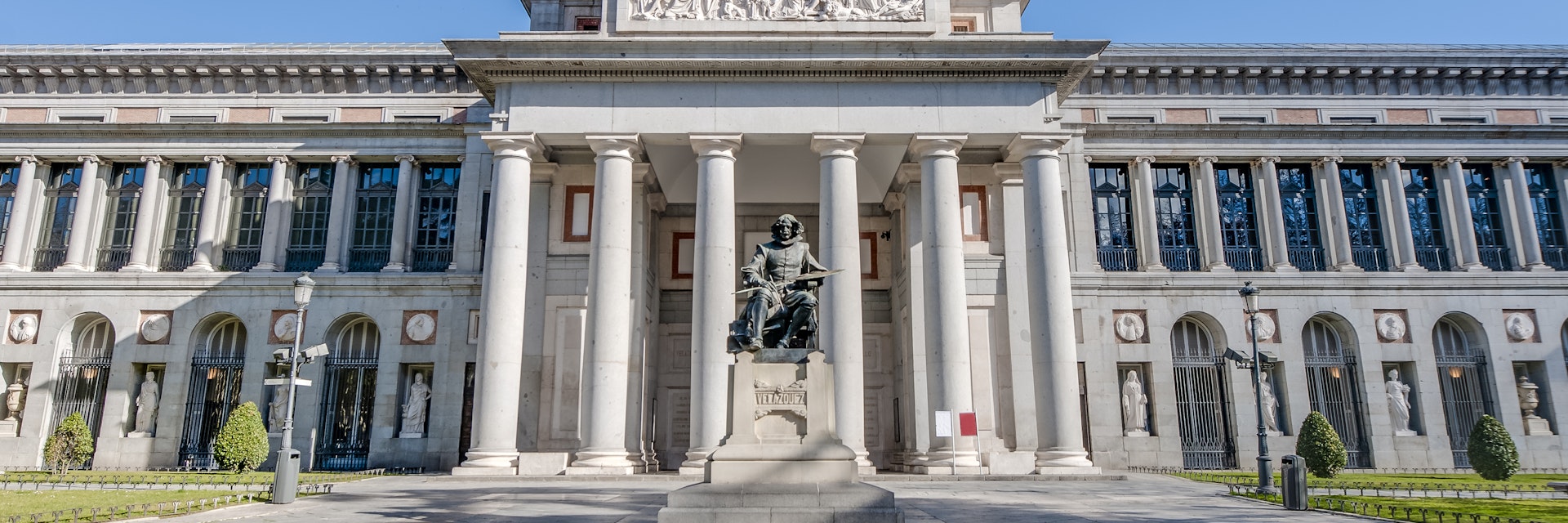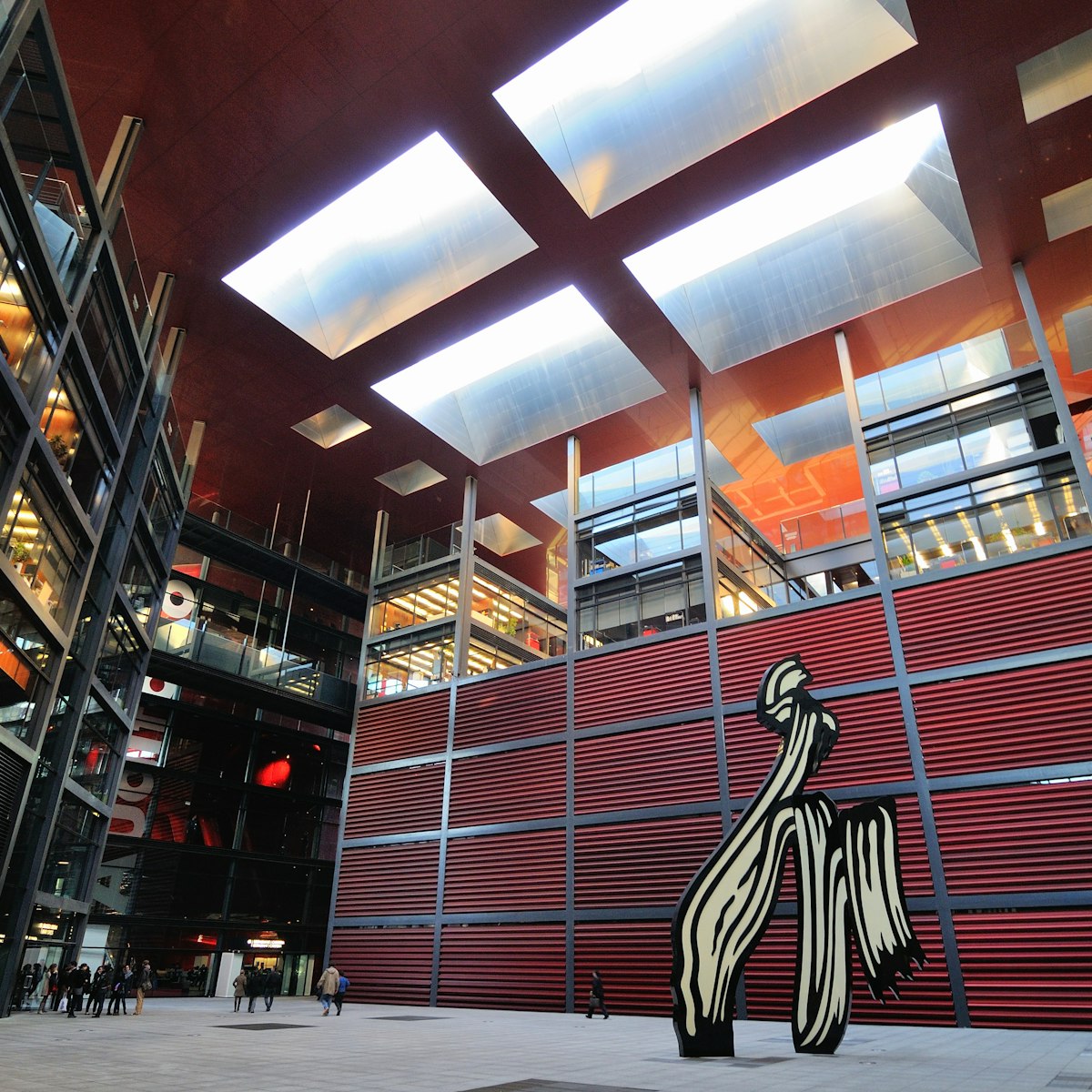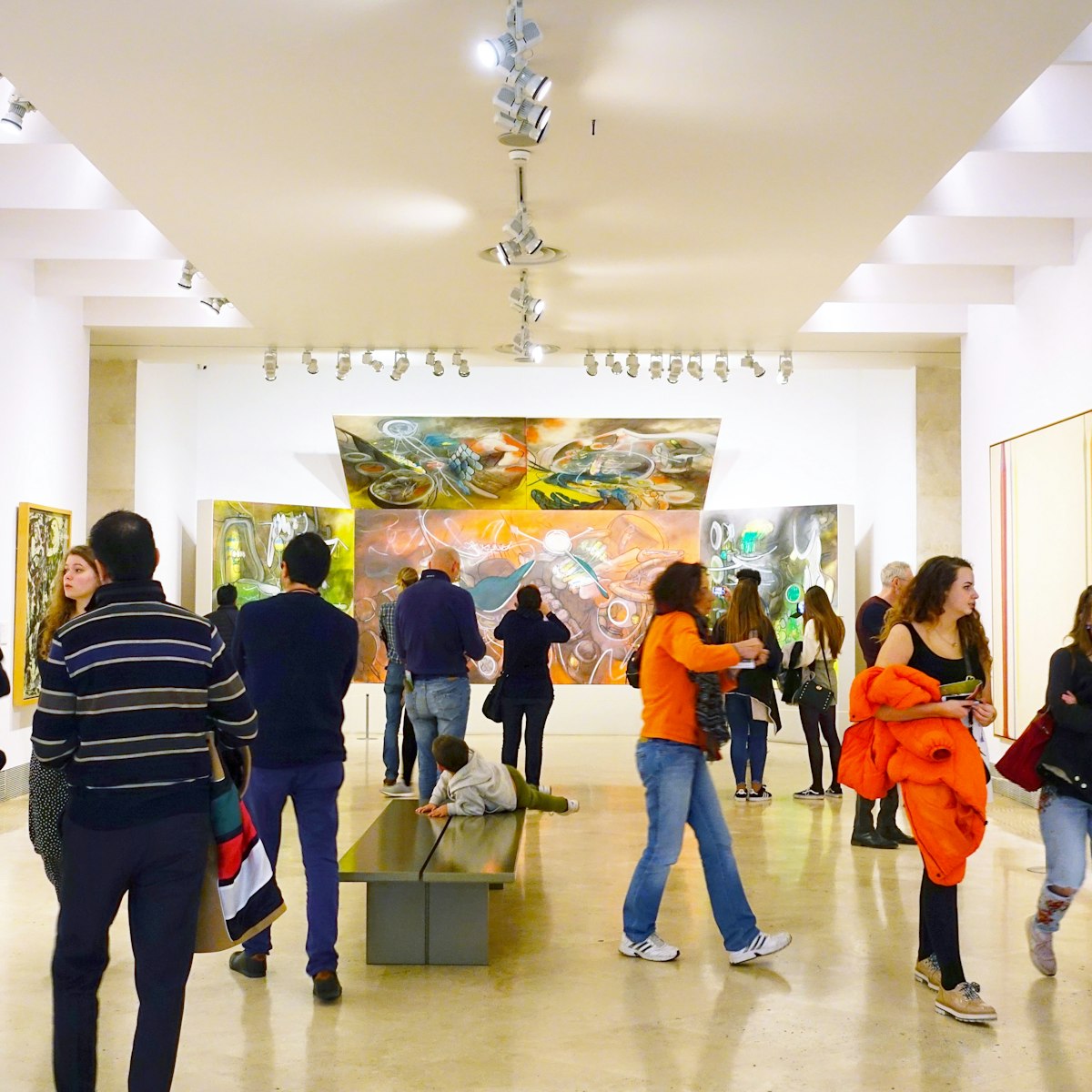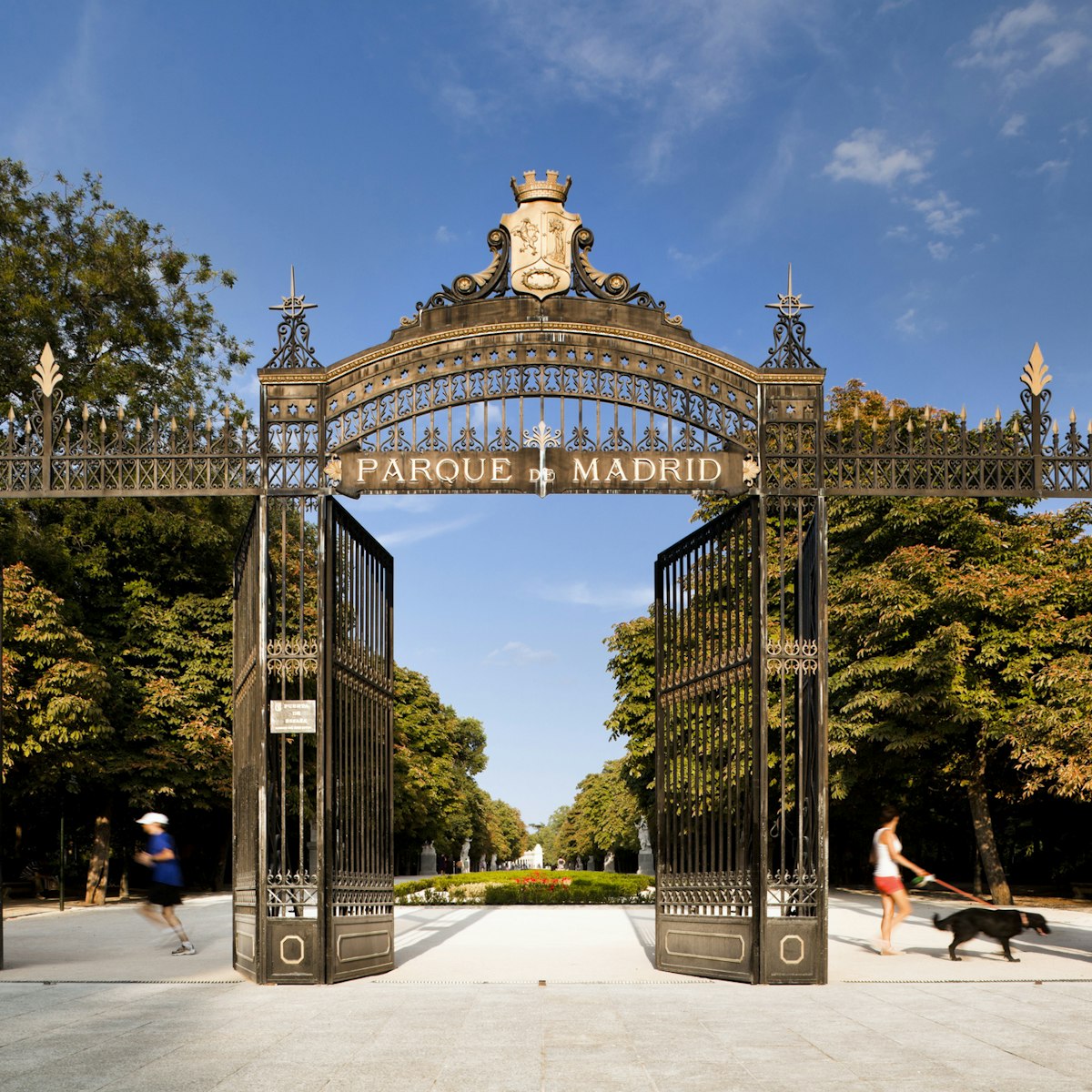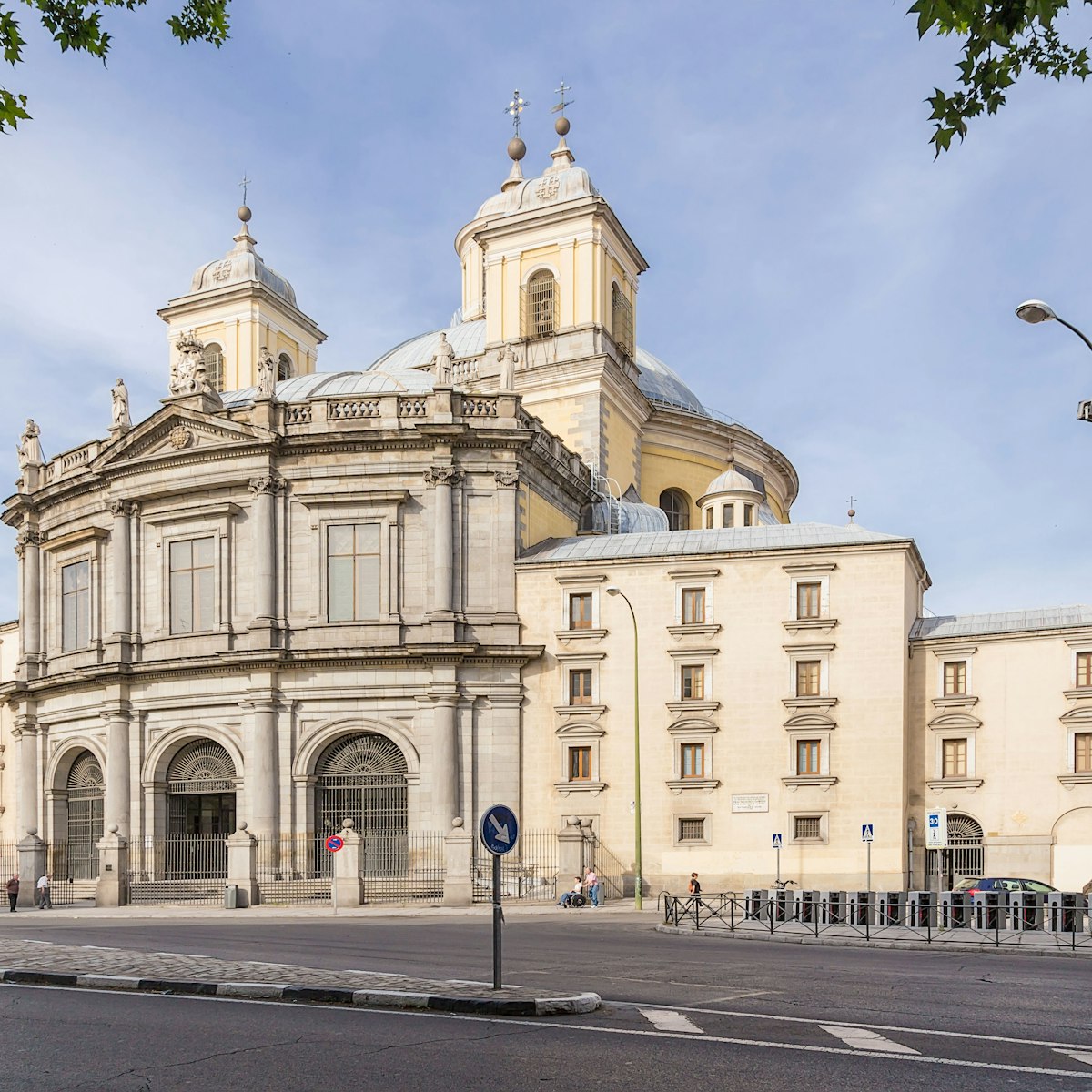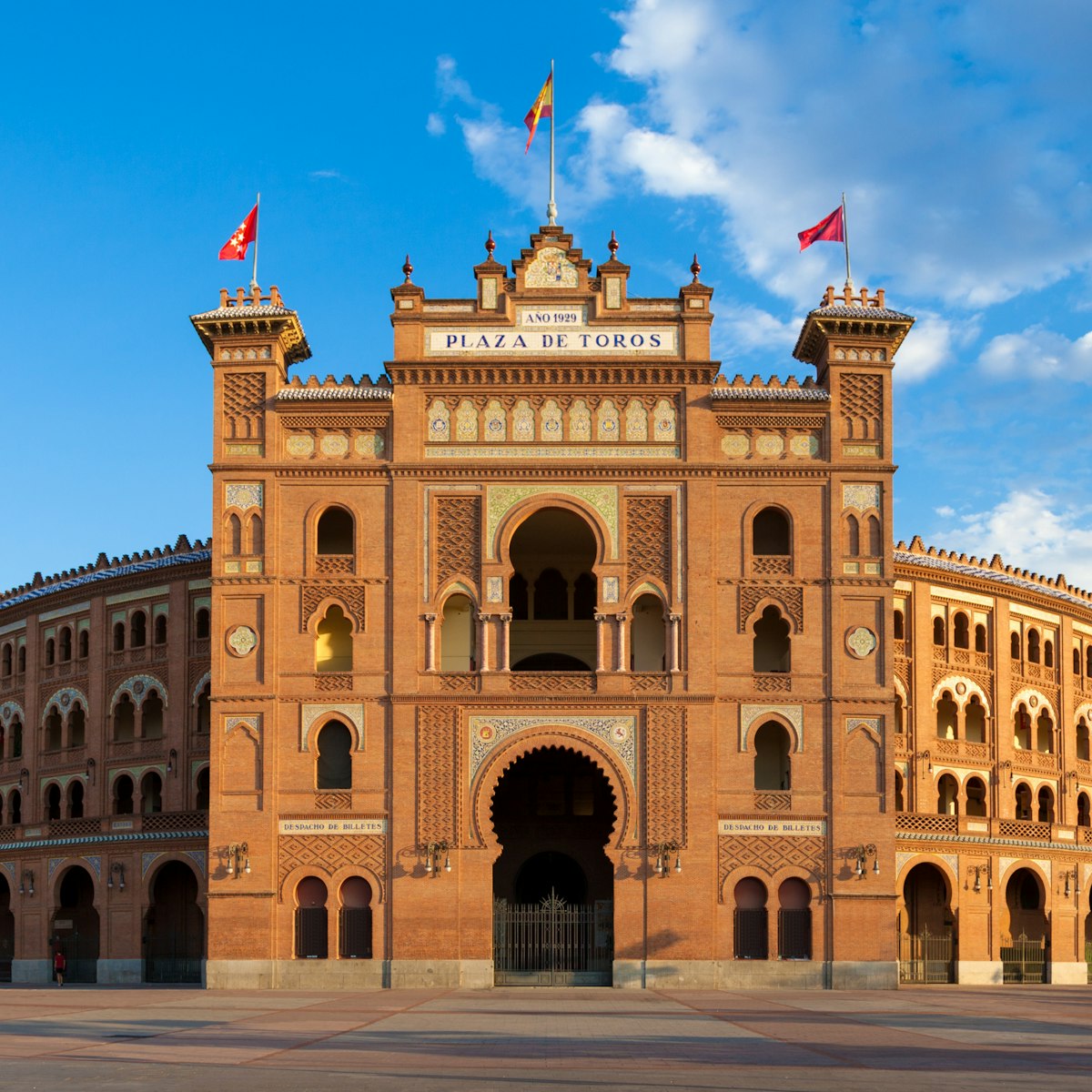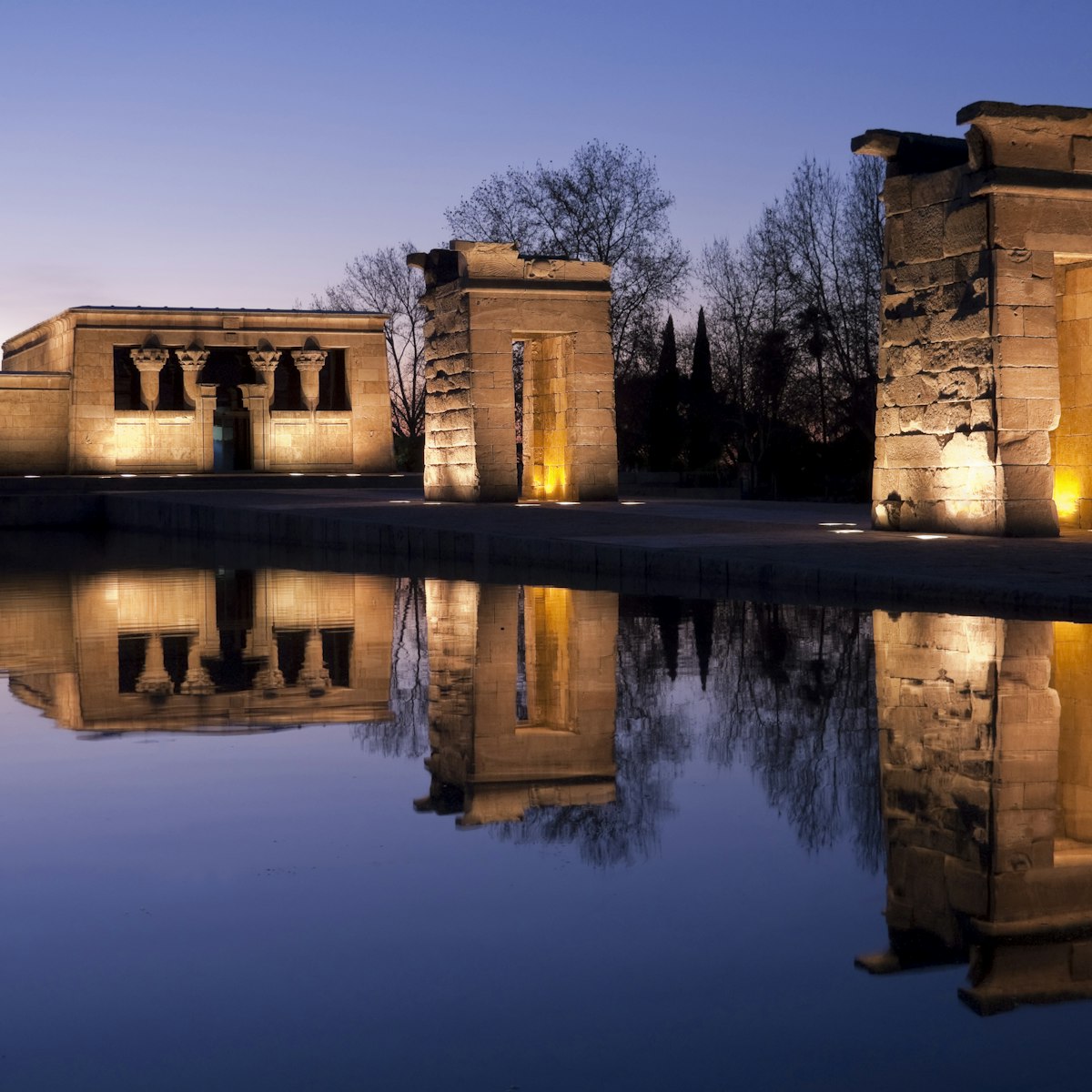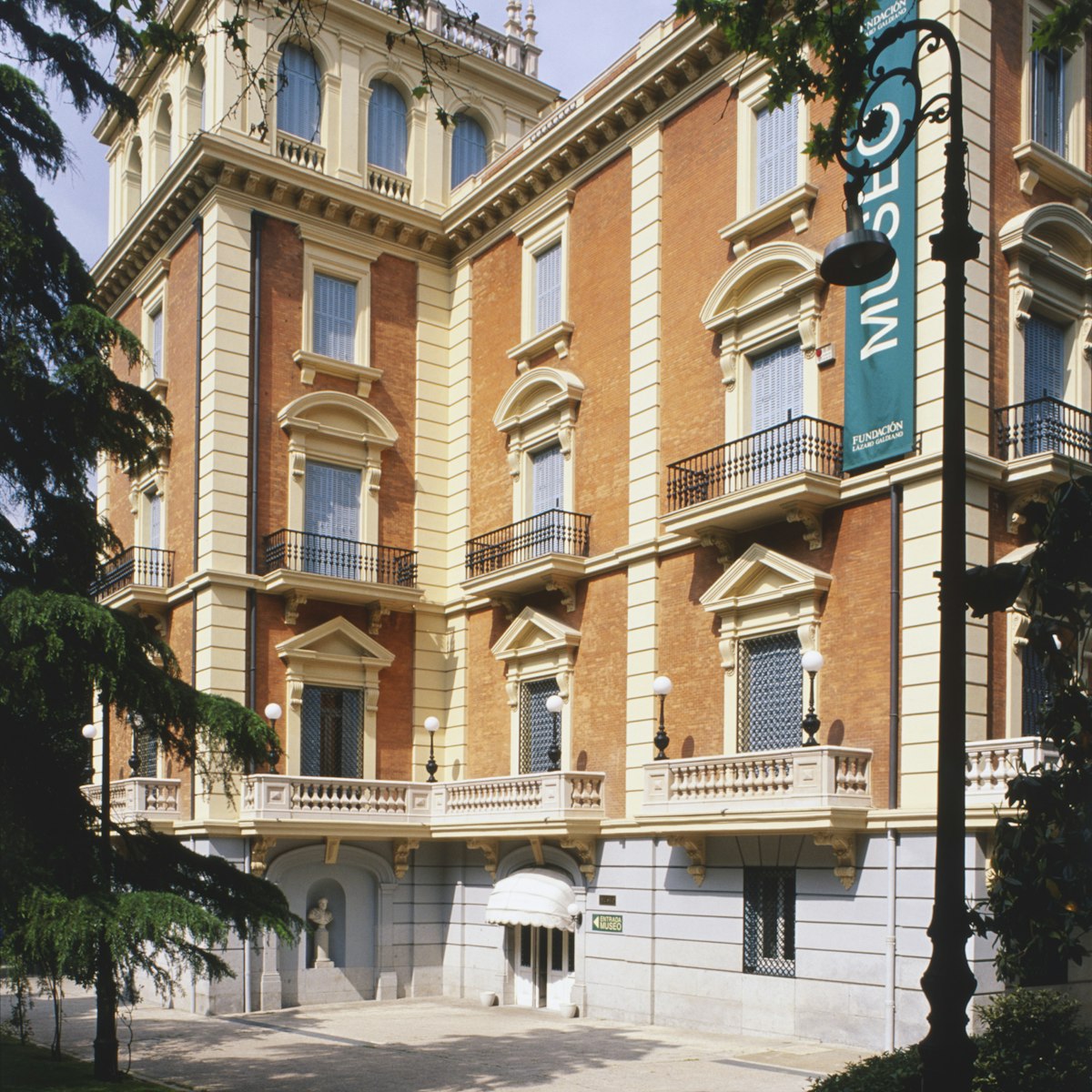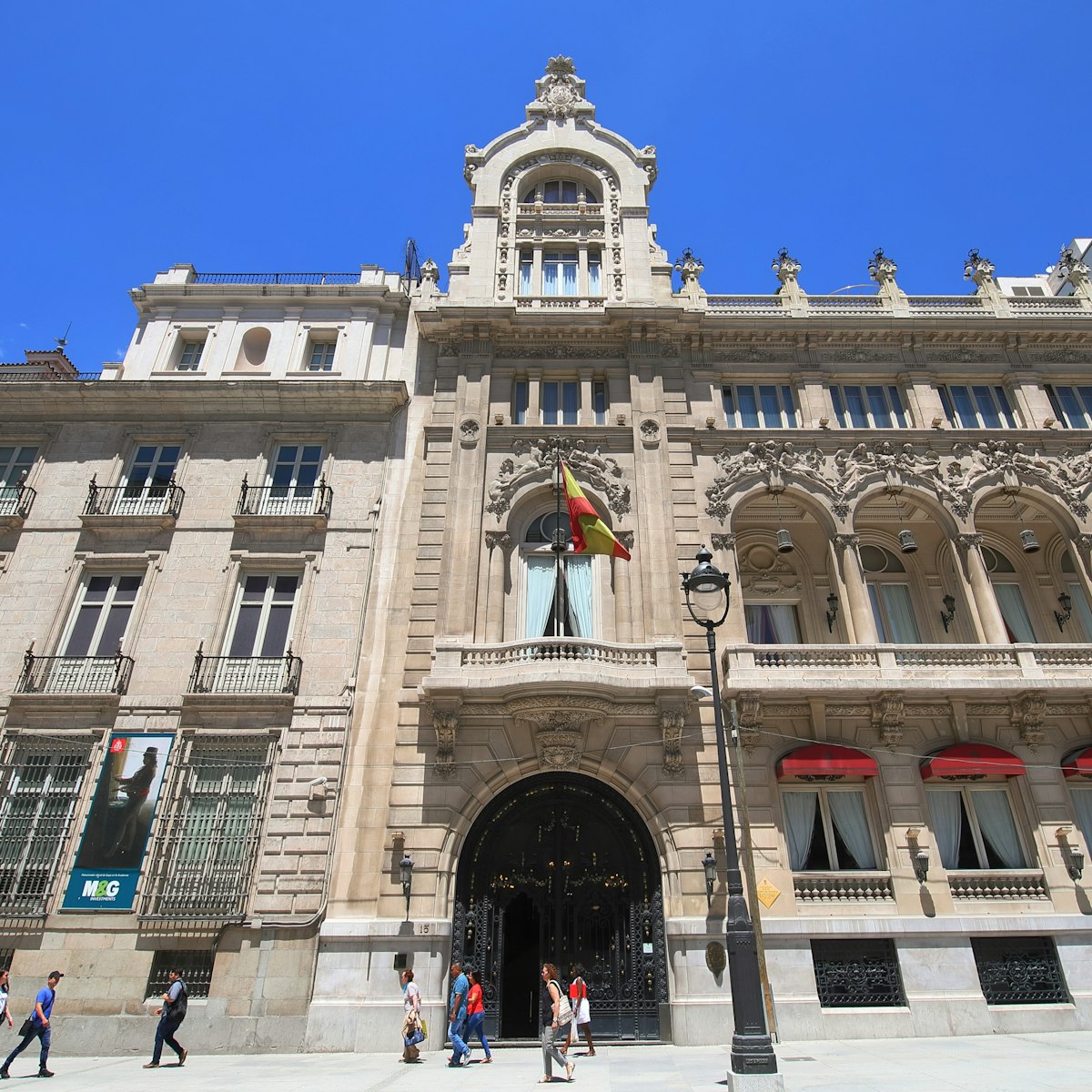The Prado is one of the world’s most dazzling art museums.
From the medieval to early modern, its vast collection of European works is housed in a grand building on the Paseo del Prado. Smack in the heart of Madrid’s "Golden Triangle of Art", an area that is now a World Heritage site, it attracts crowds of visitors from around the world with works by big draw artists including Rubens, El Greco, Bruegel, Durer, Raphael, Caravaggio and Rembrandt. But it’s the Spanish masters that really steal the show with Velázquez’s enigmatic Las Meninas and Goya’s chilling Black Paintings heralding the dawn of modern art.
To make the most of the museum give yourself a full day and plan ahead. While some ruin their appetites by trying to cram everything in, you’re far more likely to come away satisfied by carefully selecting a few items from the visual feast on offer. Pick up a floor plan when you enter and choose a few paintings from the list of highlights. This will leave you plenty of time to make your own surprising discoveries along the way among lesser-known works.
Insider tip
The rooms surrounding more famous works tend to be crowded. So if you fancy a breather, journey back in time to room 51C on the ground floor where you’ll find frescos taken from two 12th-century hermitages. Of particular interest are the Mozarabe paintings from the Hermitage of San Baudelio, which give a rare glimpse into the artistic language of Christians living under Muslim rule during the time of Al-Ándalus.
How much time you need in the Prado: three itineraries
If you have 30 minutes
Velázquez’s Las Meninas is one of the Prado’s most iconic paintings. In a central oval room on the first floor, the Spanish masterpiece takes pride of place, attracting crowds of visitors. A visual conundrum, its unusual composition is part of its appeal. On the face of it, it’s a royal portrait of the five-year-old Infanta Margarita. Standing in the bottom center, she’s a luminous figure surrounded by attendants. A closer inspection reveals that the artist has placed himself in the shadows to the left of the little girl, gazing out at the viewer with a shrewd, rather arrogant look on his face.
Reflected in a mirror above Margarita’s head are the two tiny figures of King Felipe IV and Queen Mariana of Austria. Is Velázquez supposed to be painting them? If so, why would he choose to diminish the monarch in this way? With his canvas facing away from us, Velázquez isn’t giving anything away, allowing the viewer to draw their own conclusions.
Surrounding this picture are not only other works by Velázquez but also paintings by El Greco, Rubens, Titian and Jusepe de Ribera. The latter’s illuminated portraits of saints spotlighted against dark backgrounds demonstrate why he was considered, along with Velázquez, to be one of the greatest painters of the 17th century.
If you have 90 minutes
After you’ve taken in the first floor, head downstairs to check out Hieronymus Bosch’s Garden of Earthy Delights. Painted somewhere between 1490 and 1500, the triptych nevertheless seems startlingly modern. Packed with bizarre details, there are quite a lot of sexual references going on in the central panel, as naked figures gad about among oversized fruit and giant animals. Some have theorized that Bosch was advocating a return to the innocent sexual abandon of Eden on the lefthand panel. However, given the popularity of the painting at the time, this is highly unlikely. More probable is that it’s a morality tale with the sinners getting their gruesome just deserts in hell on the righthand panel.
The Garden of Earthly Delights was part of the collection of Felipe II, a king with an excellent eye for art. En route to Bosch’s masterpiece, you can check out a fantastic painting of the man himself. Felipe commissioned this portrait from Italian painter Sofonisba Anguissola, a woman whose incredible talent allowed her to defy the stereotypes of her time. In the vicinity, you’ll find other stunning paintings including Pieter Bruegel’s Triumph of Death (room 55A), Dürer’s Adam and Eve (room 55B) and Van der Weyden’s The Descent from the Cross (room 058).
If you have half a day
Arguably the Prado has three major attractions: Velázquez’s Las Meninas, Bosch’s Garden of Earthly Delights, and Goya’s Black Paintings (room 67). What they all have in common is that they remain relevant to the modern eye. For Bosch it’s the bizarre subject matter, for Velázquez it’s the innovative composition and for Goya’s late paintings, it’s the style that makes a complete break with the pretty blue skies and strawberry-cheeked subjects he’d painted before.
After years spent weathering various regime changes as a court painter, the practically deaf Goya washed up on the wrong side of town living an isolated life in the Quinta del Sordo. Here, he finally stopped pleasing patrons and released years of pent-up psychological trauma onto the walls of the building. Witness to atrocities during the French invasion of Spain, Goya was clearly extremely disturbed by this point.
There are many other earlier paintings by Goya in the collection, but none quite so startling as Saturn Eating his Son and Drowning Dog. As they can be a bit bleak to contemplate, drop in on your way out to see some smashing work by the master of shimmering light, Joaquín Sorolla.
History of the Prado
Originally slated to become a science museum, construction on the main building of the Prado began in 1785. However, these plans were upset when Napoleon’s invading army camped out in the half-finished structure in 1808. After King Fernando VII was restored to the throne he used the Edificio Villanueva to house the enormous royal collection, opening its doors to the public on November 10, 1819.
Tickets and other practicalities
While tickets for the Prado can be bought on site, to avoid lines, it’s best to buy tickets online from the official Prado website. Entry to the museum and special exhibitions costs €15. An hour-and-a-half tour of the museum by a member of staff costs an additional €10 and an audio guide €5. The Prado Guide app available from the iStore and Google Play is ostensibly free, however, to get any use out of it, you have to make in-store purchases.
The museum is always crowded, so either get there first thing in the morning at 10am or when there’s a slight lunchtime lull around 3pm. You can get in for free in the evenings from 6pm to 8pm (5pm to 7pm on Sundays) but queues are huge and you could be waiting quite some time.
